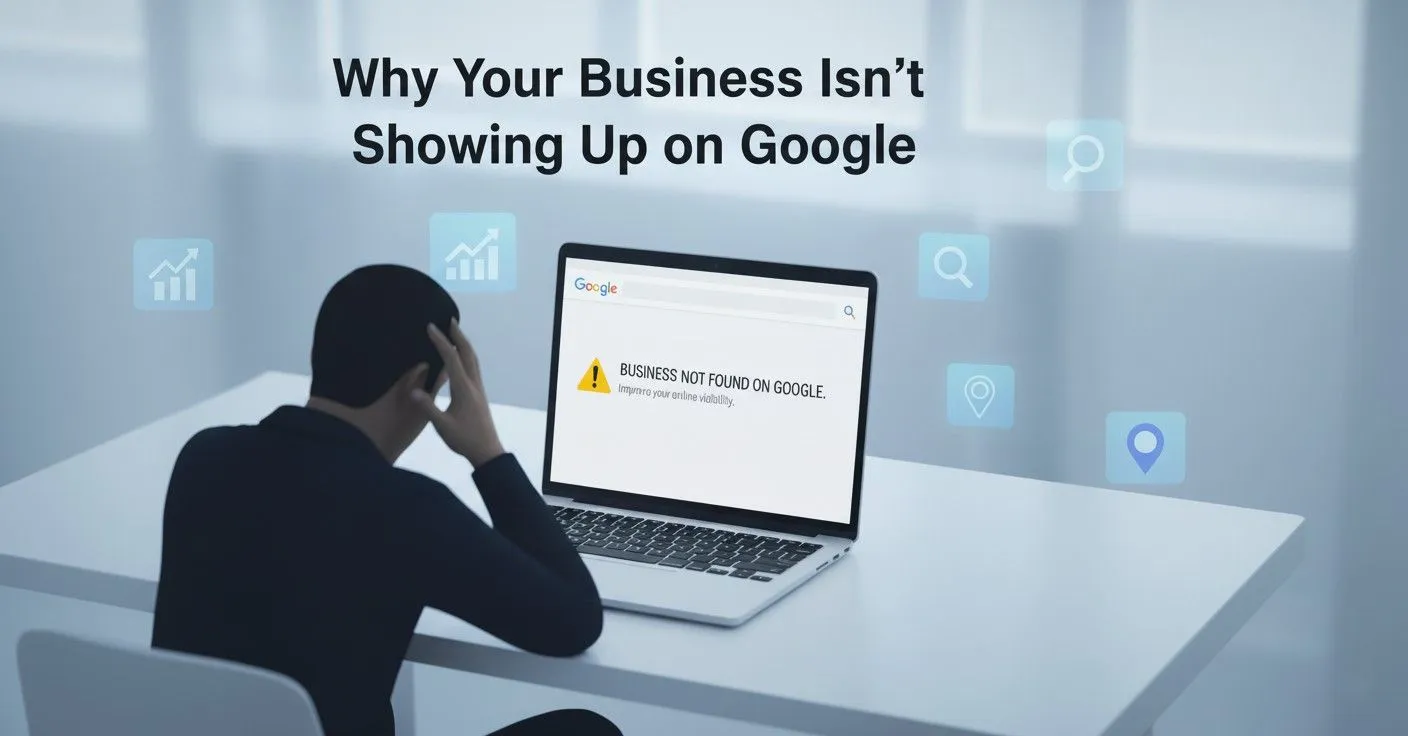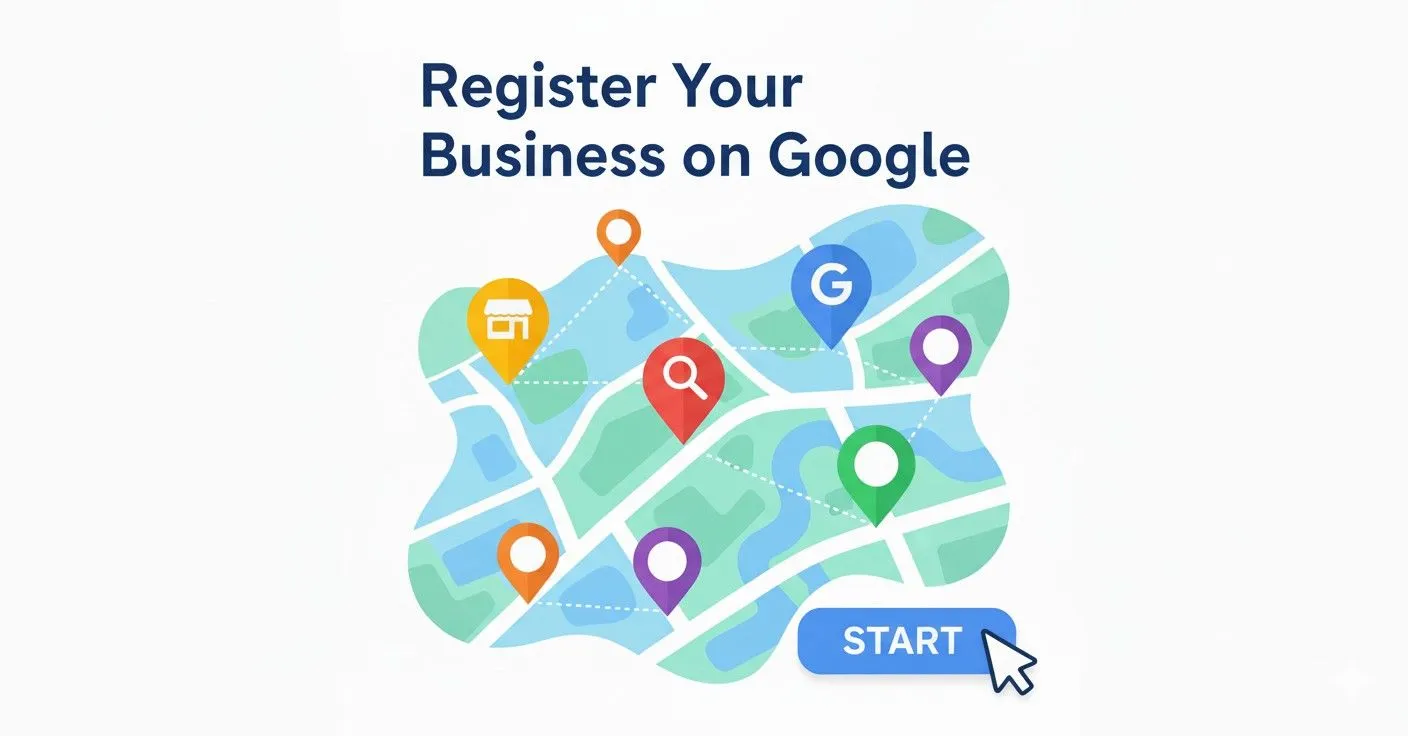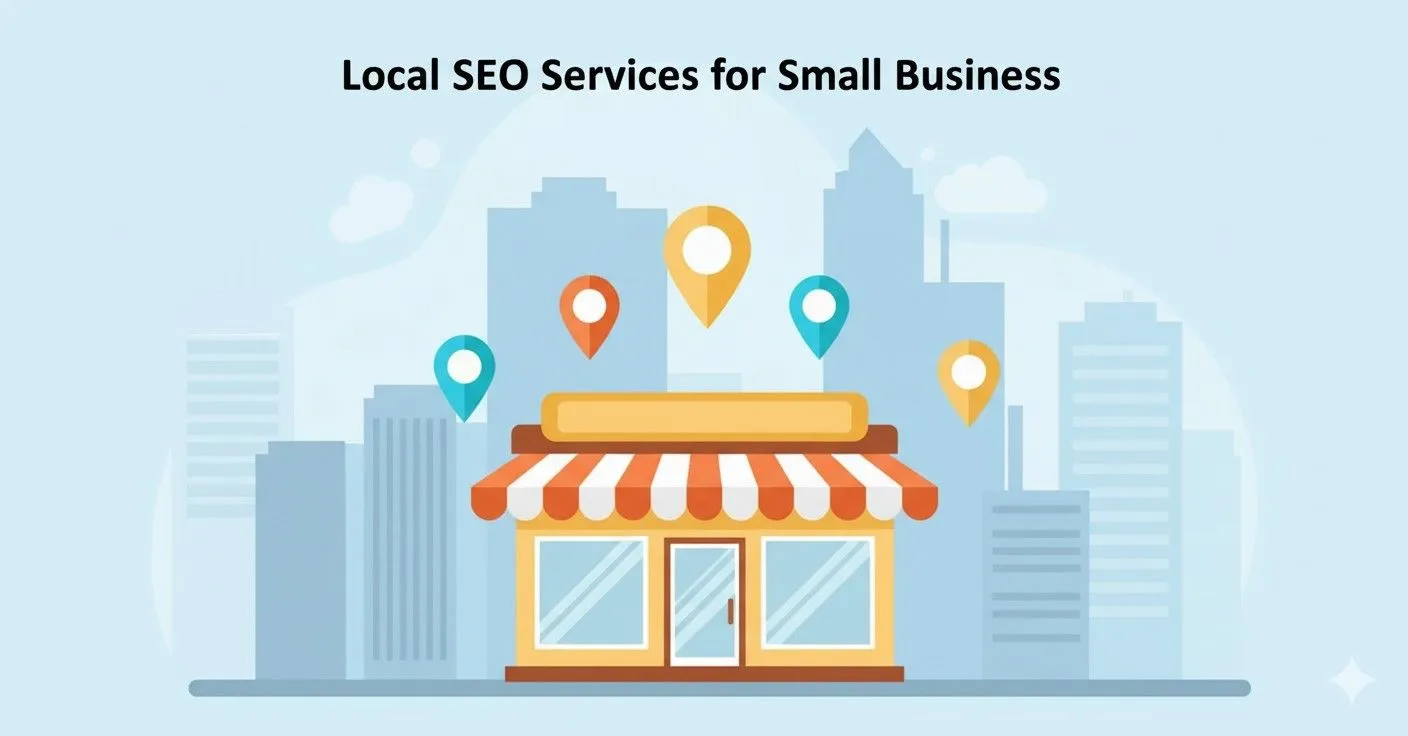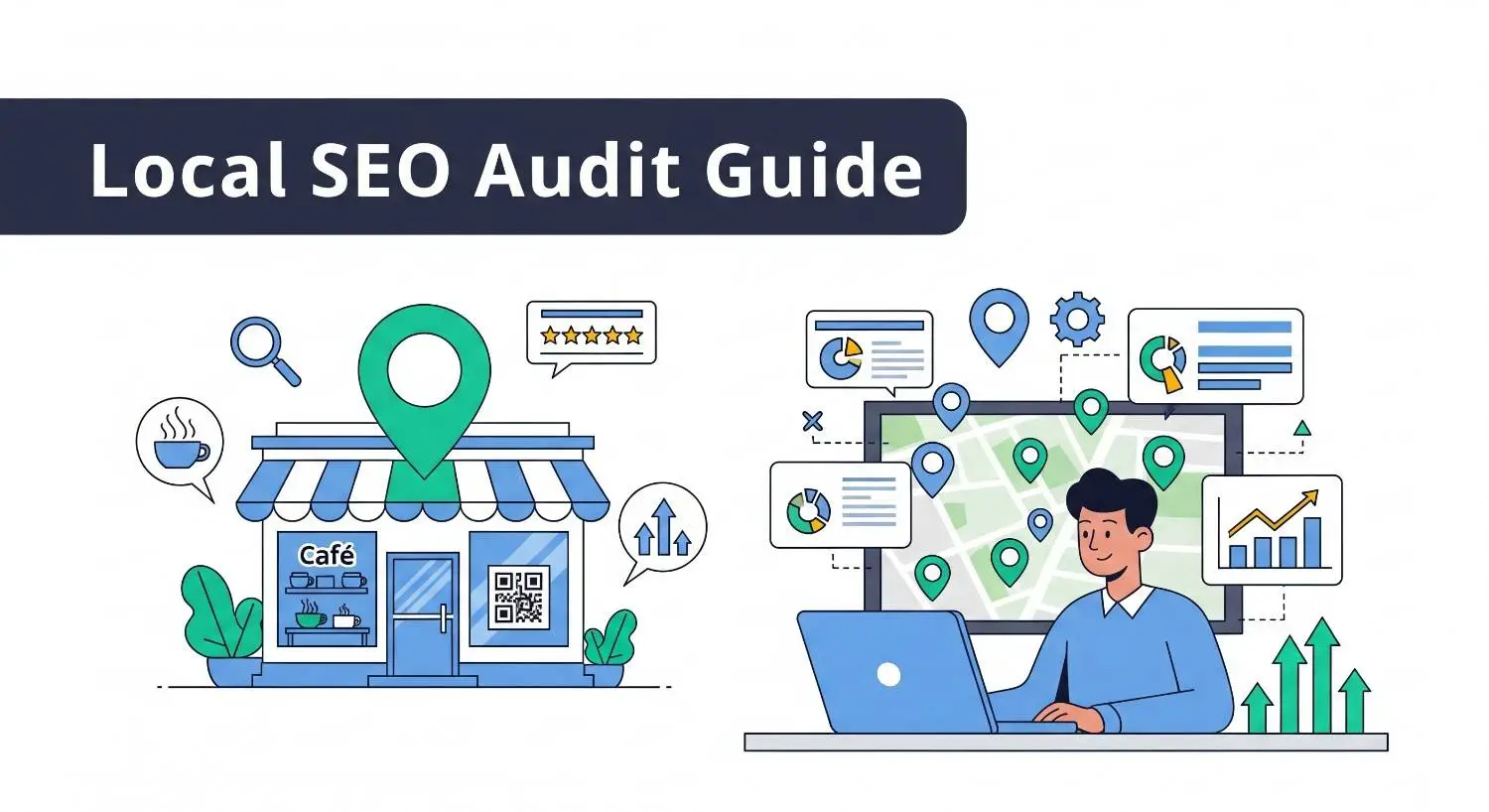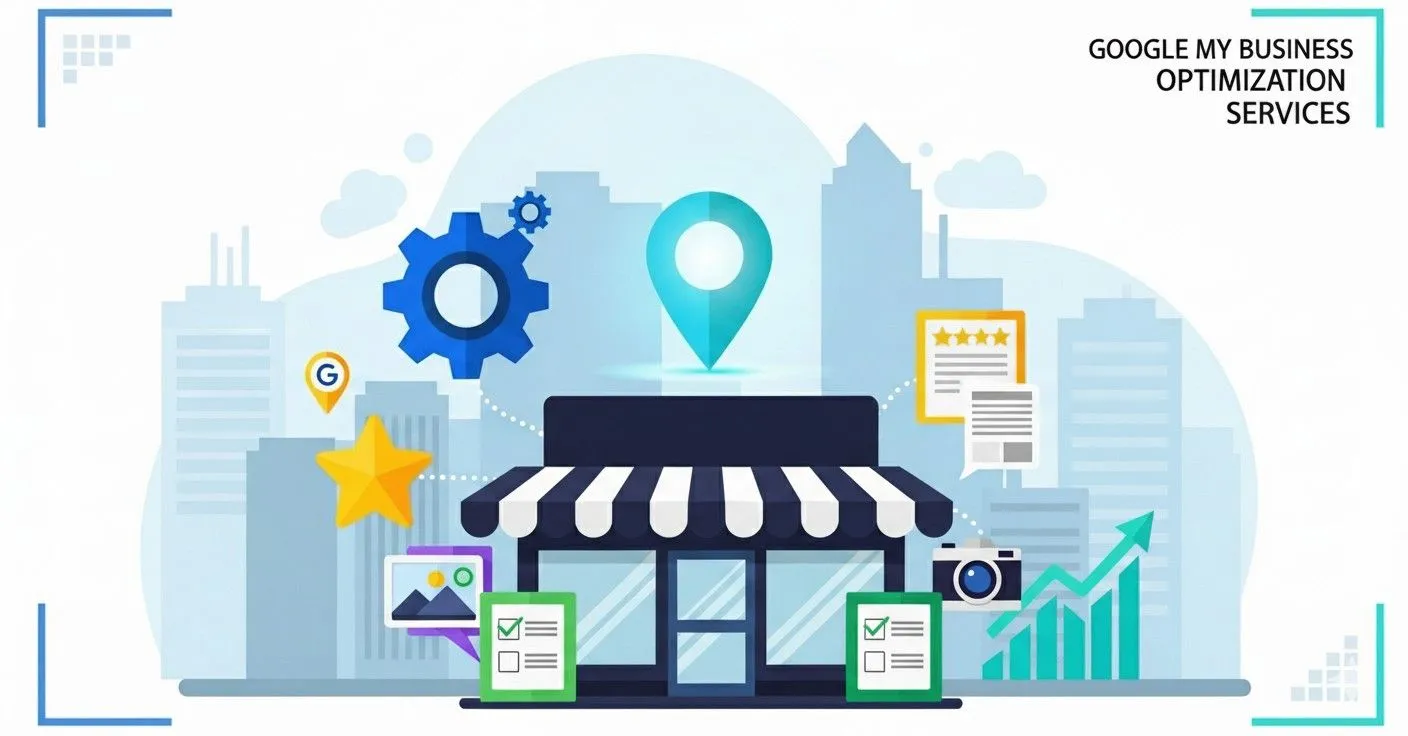.webp)
What Is Local SEO? A Beginner-Friendly Guide
Understanding how people find businesses online is more important than ever—especially when it comes to connecting with local customers. That’s where local SEO makes a big difference. Unlike general SEO, which targets a broad audience, local SEO helps businesses appear in search results for specific geographic areas. It’s particularly useful for small businesses and storefronts that rely on nearby customers.
With more people using search engines to discover services and products close to home, investing in local SEO has become a must. It not only increases your chances of showing up in local searches but also helps you reach potential customers right when they’re ready to make a decision.
What Is Local SEO?
Local SEO is the practice of enhancing your online visibility to draw in more customers from location-specific search queries. Unlike traditional SEO, which targets users regardless of their location, local SEO focuses on users searching for services or products in a specific area. This localized approach means that when someone types "best coffee shop near me" into Google, local SEO tactics can help ensure your café appears among the top results.
The primary goal of local SEO is to make it easier for customers in your area to find you, leading to increased foot traffic and ultimately higher sales. As mobile devices become the go-to tool for searching while on the go, local SEO has grown significantly in importance.
Why Local SEO Matters for Businesses
For small businesses and physical storefronts, local SEO is invaluable. According to studies, 78% of people who conduct local searches on their phones end up making a purchase in-store. This means that effectively leveraging local SEO strategies can translate directly into increased revenue.
Statistics highlight the behavior of local searchers: 46% of all Google searches are seeking local information, and 76% of people who search for something nearby visit a business within a day. These numbers underline the significance of having a robust local SEO strategy in place, as missing out could mean losing customers to competitors who are better optimized.
How Local SEO Works
Search engines like Google utilize various factors to determine how well a business ranks in local search results. The key ranking factors include relevance, distance, and prominence.
- Relevance: How closely a business's services match what the user is searching for.
- Distance: The physical space between the user’s location and each potential search result.
- Prominence: This involves the overall reputation of the business online, influenced by reviews, backlinks, and citations.
To effectively rank well locally, businesses must ensure they are adhering to these criteria through diligent optimization.
Key Elements of Local SEO
Several core components contribute to successful local SEO efforts:
Google Business Profile: Google Business Profile is a free tool that helps businesses take charge of how they appear on Google Search and Maps. By completing and optimizing your profile, you make sure that potential customers find accurate and reliable information about your business.
Local Citations: Listing your business in online directories such as Yelp, Yellow Pages, and others helps build authority and recognition. Consistent citations boost credibility in the eyes of search engines.
NAP Consistency: Ensuring your Name, Address, and Phone number are consistent across all platforms helps improve trustworthiness and ranking.
Reviews and Ratings: Good customer reviews do more than build trust—they also help improve your visibility in local search rankings.
Localized Content: Creating content tailored to your local community, events, or landmarks can resonate with potential customers and help establish your brand’s relevance in local searches.
The Role of Google Business Profile
Setting up and optimizing your Google Business Profile is one of the most important steps in local SEO. Here’s how to get started:
- Claim Your Listing: Ensure you claim your business listing and verify ownership through the required verification process.
- Complete All Information: Fill out all sections, including your business hours, services offered, and photos.
- Post Regular Updates: Utilize the posts feature to share news, promotions, or upcoming events to engage with customers actively.
Standing out in the local pack—those top three listings shown under the map in local search results—can significantly increase visibility. Include high-quality images, respond to reviews, and maintain updated information to optimize your presence.
On-Page SEO for Local Search
Optimizing your website content for local keywords is another essential aspect of local SEO. This includes using targeted phrases that incorporate geographical locations and adjusting metadata to reflect local intent.
Creating location-specific landing pages can further enhance your site’s relevance to local searches. If you operate multiple locations, dedicate separate pages to each to ensure your content speaks directly to the local audience in those areas.
8. Local Link Building Strategies
Earning backlinks from local sources is crucial for enhancing your local SEO. Backlinks help bring visitors to your site while also showing search engines that your content is trustworthy and authoritative. Here are some effective local link-building strategies:
Partnerships: Collaborate with other local businesses or organizations. By sharing each other's links on websites, you create mutual benefits while building community ties.
Sponsorships: Support your community by sponsoring local events, sports teams, or charity initiatives. This often comes with opportunities to be featured on their websites, giving you valuable backlinks.
Events: Hosting workshops, seminars, or open houses allows you to generate buzz around your business. Promote these events through press releases and community calendars, often leading to backlinks from local news sites.
9. Managing Reviews and Online Reputation
Customer reviews are a key factor in local SEO, impacting both your search rankings and the choices potential customers make.
Importance of Customer Reviews: Positive reviews enhance credibility and encourage new customers to choose your services. Conversely, negative reviews can deter prospects. Thus, maintaining an active online reputation is essential.
Encouraging and Responding to Reviews: Encourage satisfied customers to leave positive feedback on platforms like Google My Business, Yelp, and Facebook. Always respond to reviews—thanking customers for positive ones and addressing any concerns raised in negative reviews. This engagement showcases your commitment to customer satisfaction and helps build trust.
10. Mobile Optimization and Voice Search
As more people rely on smartphones, having a mobile-friendly website is no longer just a bonus—it’s a necessity. Ensuring your website is mobile-friendly significantly impacts user experience and search rankings.
Why Mobile Responsiveness Matters: A responsive design adapts to different screen sizes, making navigation seamless on all devices. If your site is slow or hard to navigate on mobile, users will likely bounce back to search results, which negatively affects your SEO ranking.
Growing Role of Voice Search in Local Queries: With voice-activated devices on the rise, many local searches are conducted via voice. Optimize your content for natural language queries, often including questions people may ask related to your business, to improve visibility in voice search results.
11. Common Mistakes to Avoid in Local SEO
Even seasoned marketers can make missteps in local SEO. Being aware of common mistakes can save time and resources.
Inconsistent Business Information: Ensure your NAP (Name, Address, Phone Number) is consistent across all online platforms. Inconsistencies can confuse search engines and potential customers alike, harming your credibility.
Ignoring Reviews or Poor Customer Engagement: As previously mentioned, reviews matter. Ignoring them or failing to engage with customers who leave feedback can damage your reputation. Active management of your reviews is necessary to maintain a positive online presence.
12. Tools to Help with Local SEO
Various tools are available, both free and paid, to assist with managing and tracking your local SEO efforts.
Google My Business: Essential for managing your online presence on Google, this tool helps you optimize your listing, manage reviews, and track insights on how customers interact with your business.
Moz Local: This paid tool helps streamline the process of managing business listings across multiple directories, ensuring consistency and accuracy.
GMB Radar: A powerful local SEO tool designed to help businesses monitor and manage their Google Business Profile performance. It offers features like review tracking, competitor analysis, and insights into local search visibility.
Using these tools effectively can give you insights into your local SEO performance and help you refine your strategy.
13. Conclusion
Local SEO helps businesses succeed in their neighborhoods by connecting them with nearby customers who are actively looking for what they provide. From earning backlinks and managing reviews to optimizing for mobile and avoiding common pitfalls, there are numerous strategies to implement.
As you embark on your local SEO journey, remember that consistency, engagement, and a keen understanding of your audience are key components to achieving success. Start applying these principles today, and watch as your local visibility grows.
